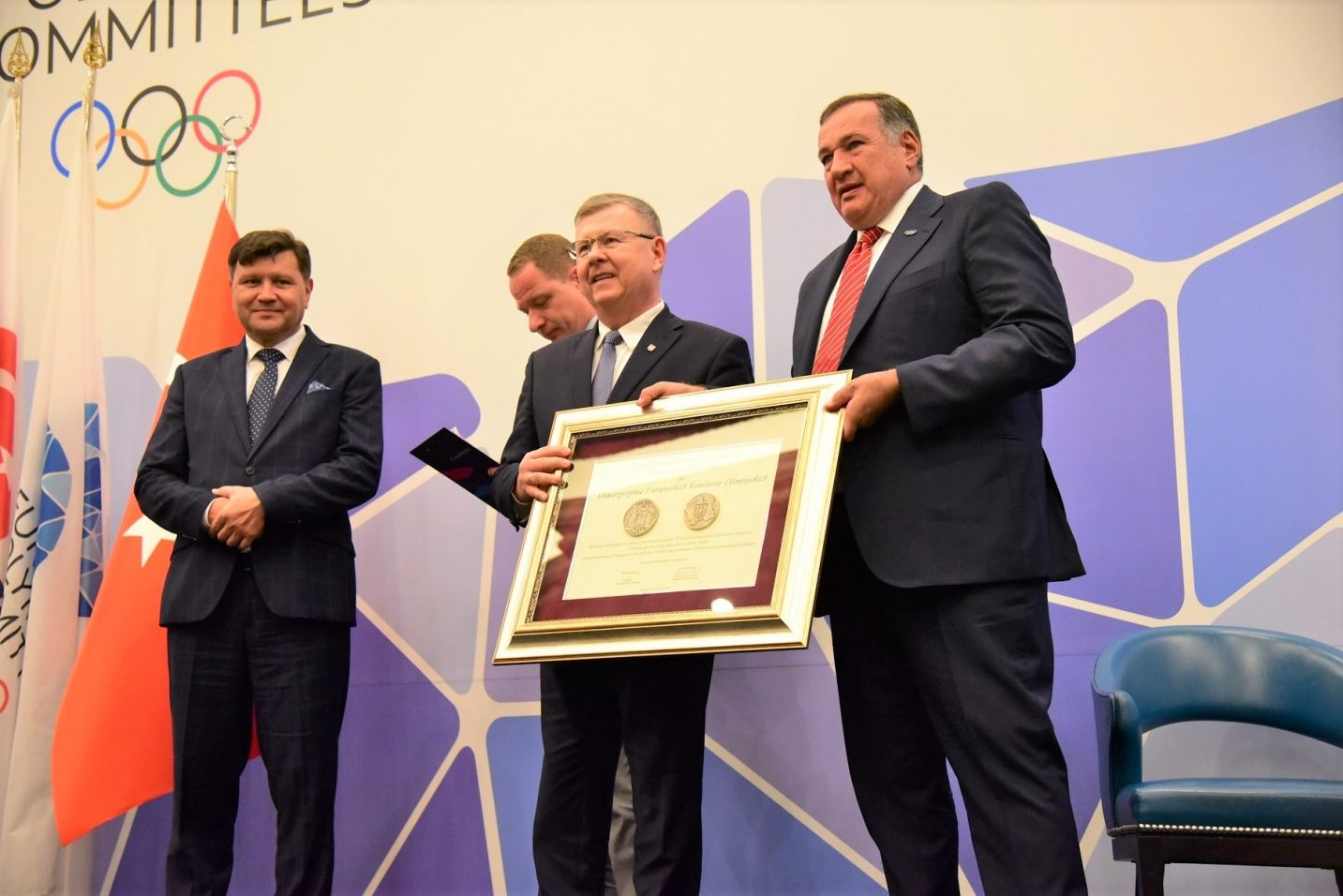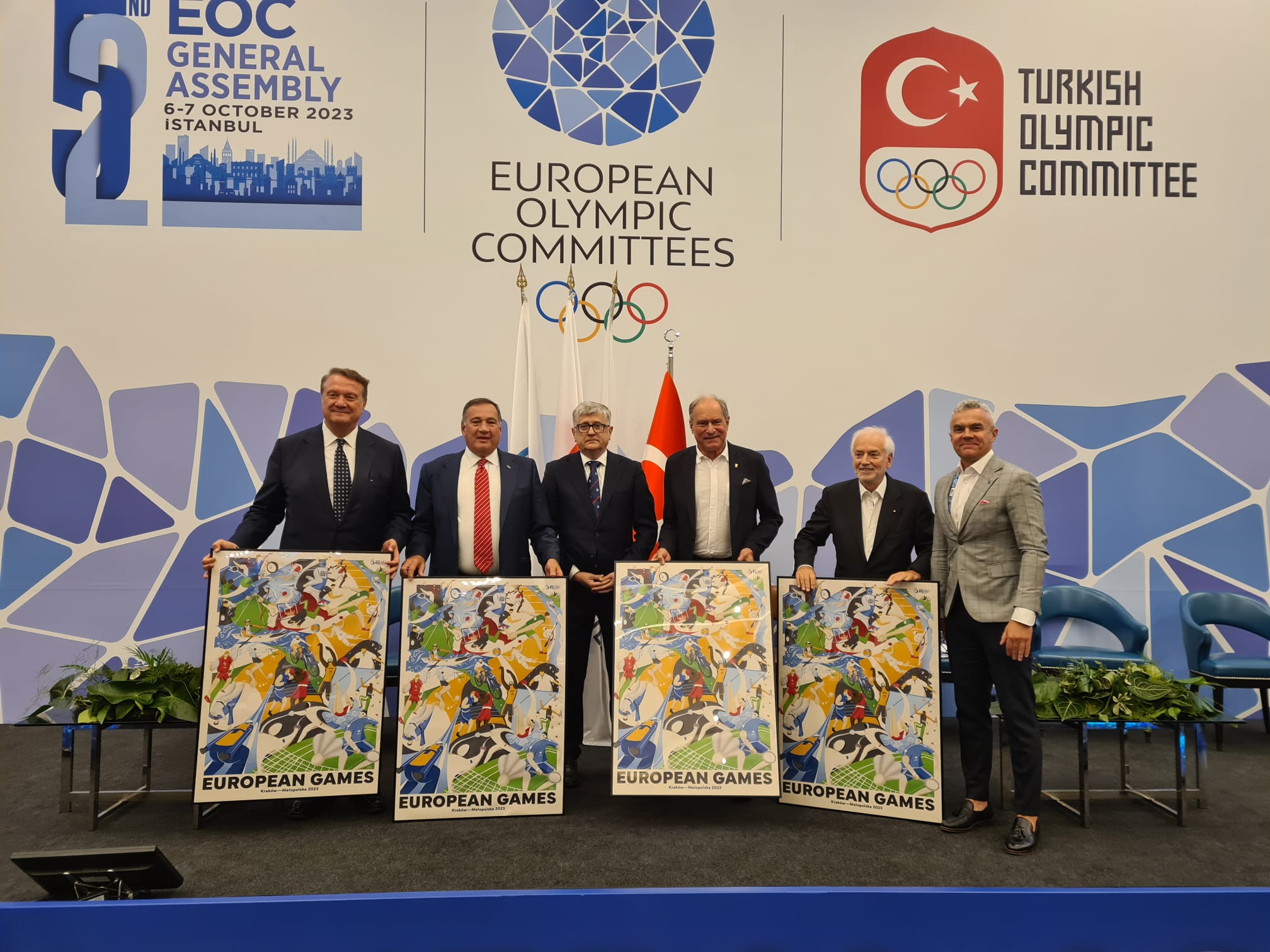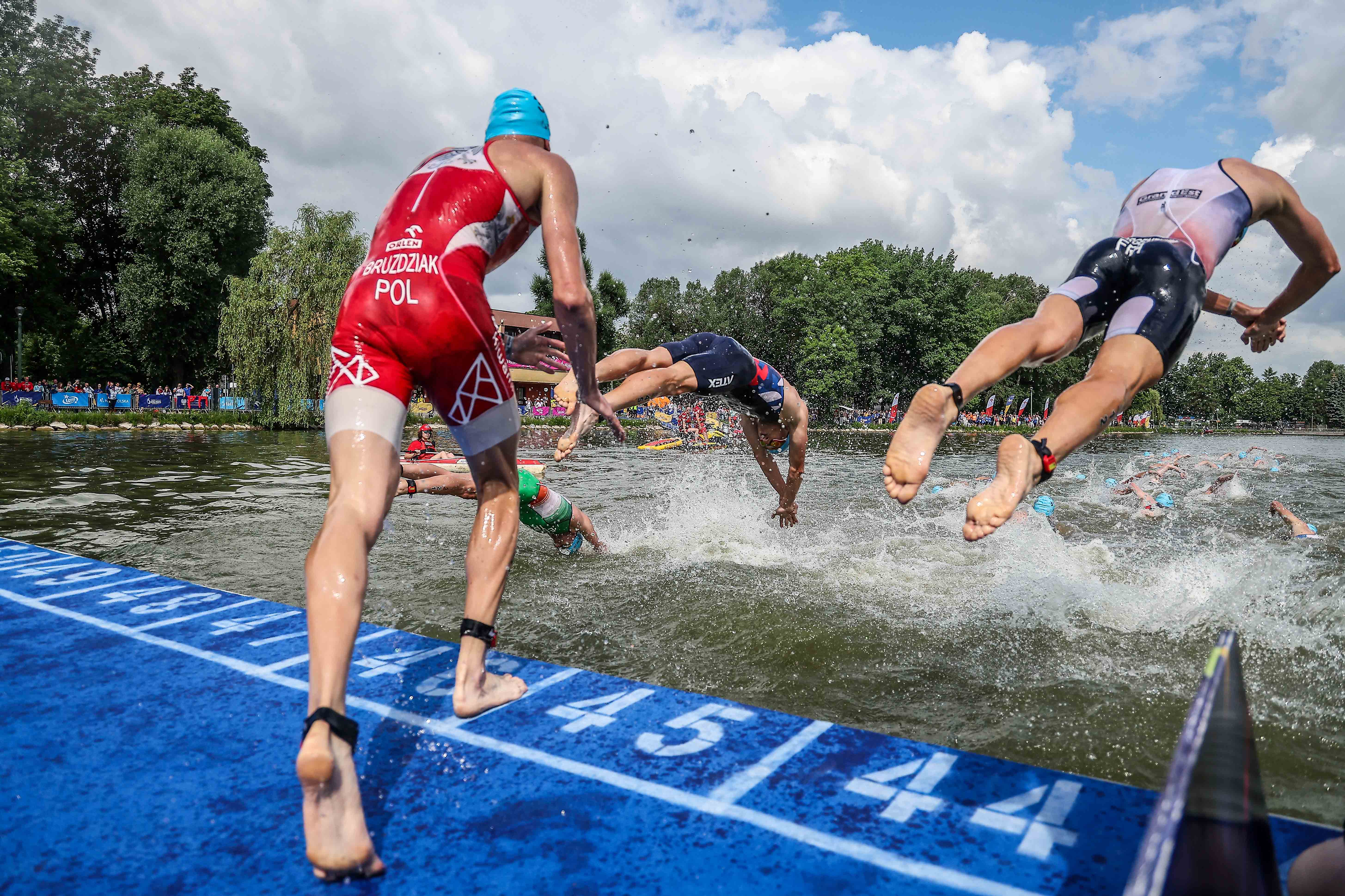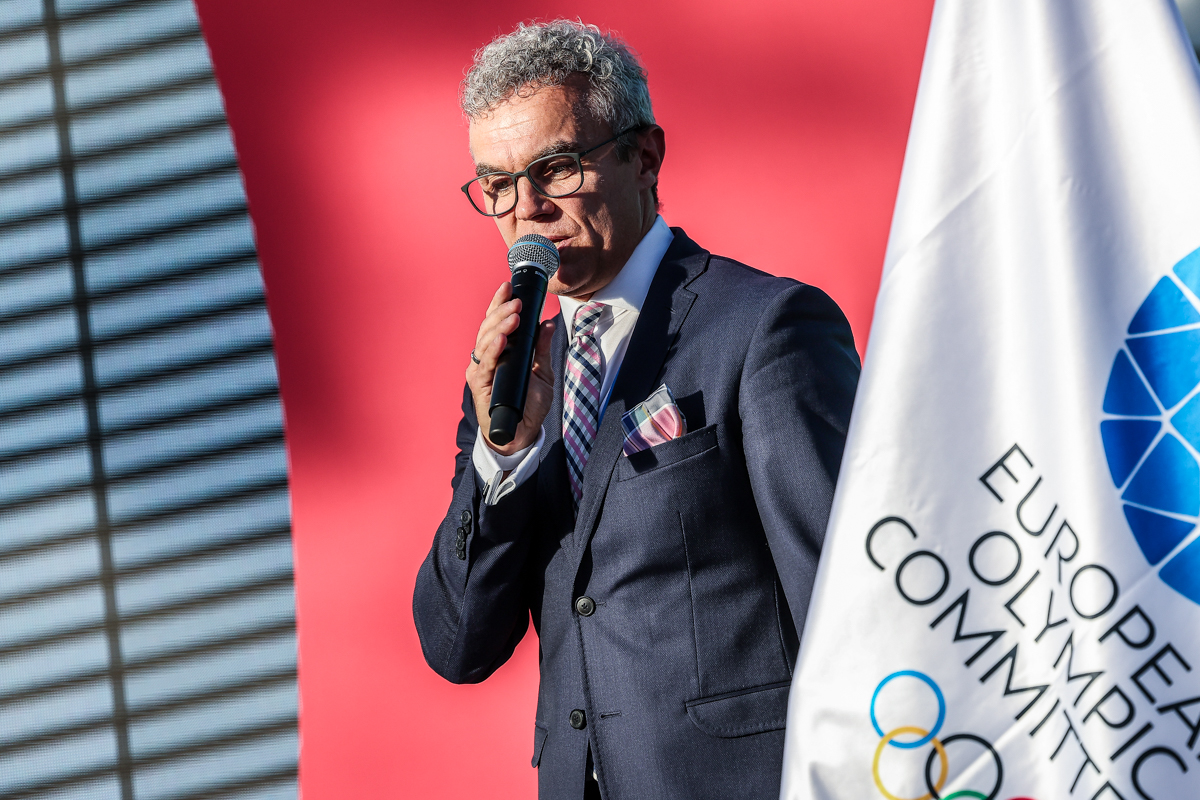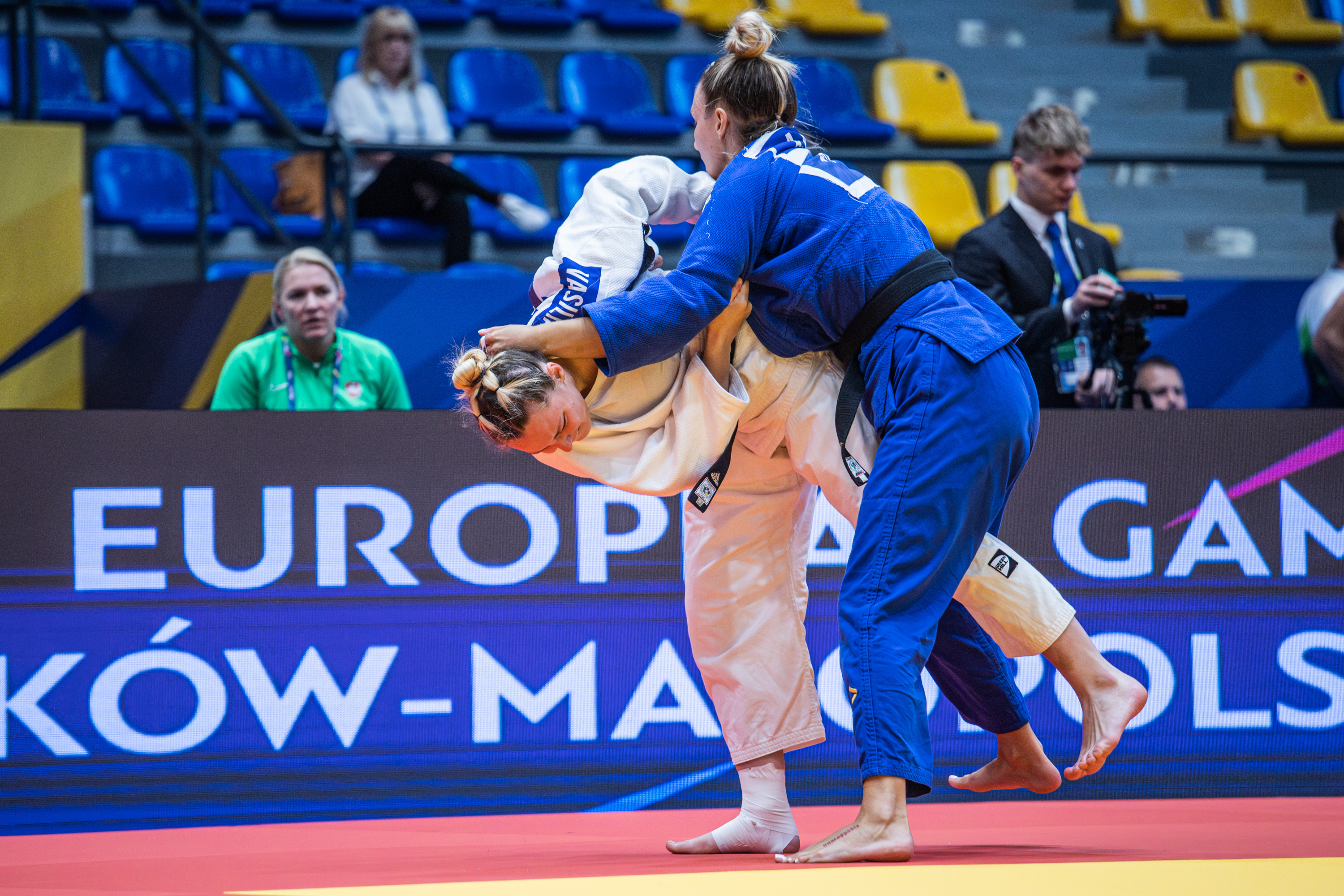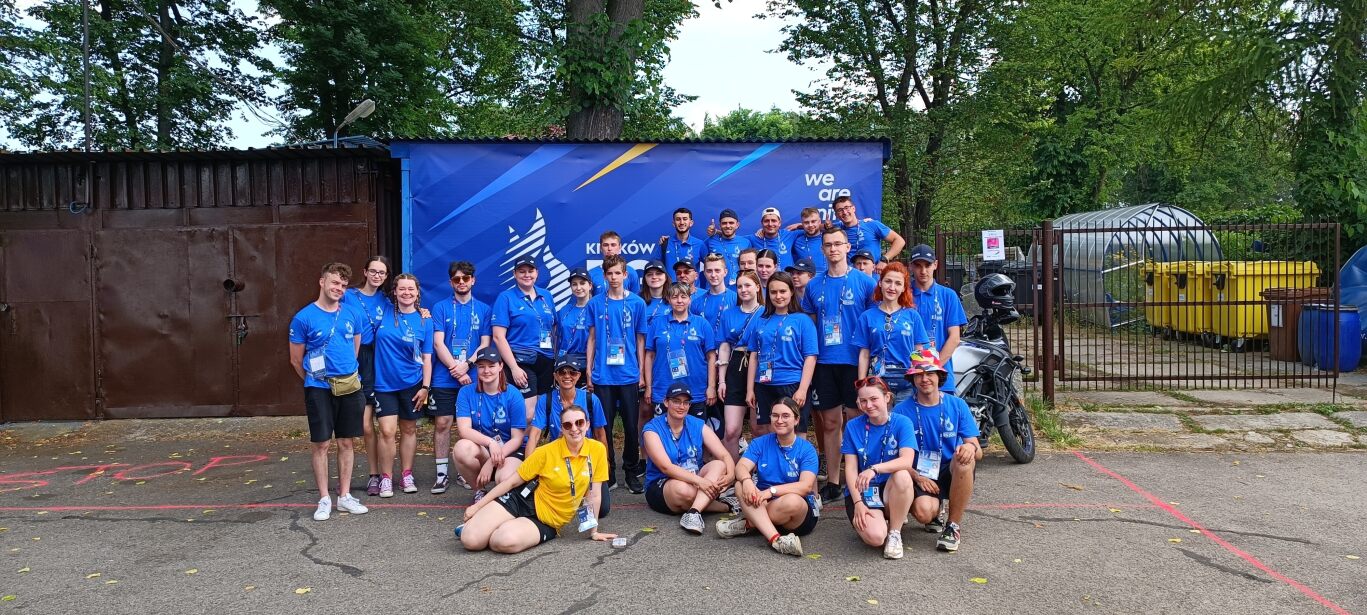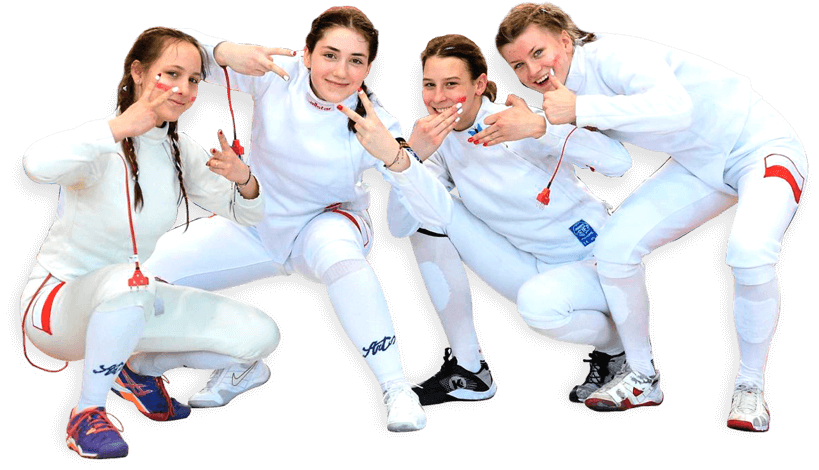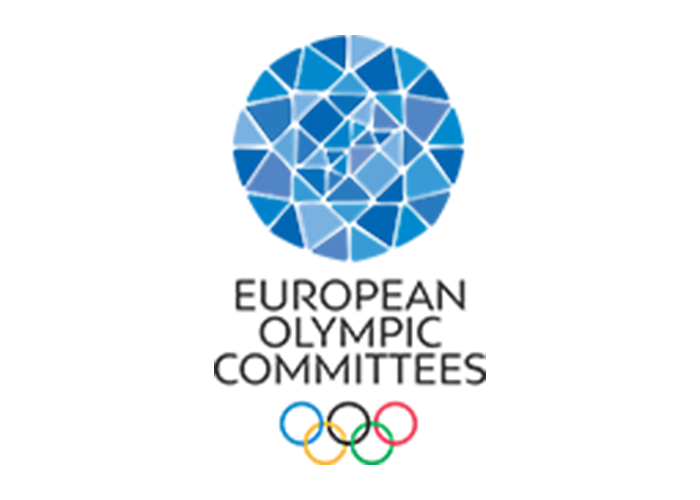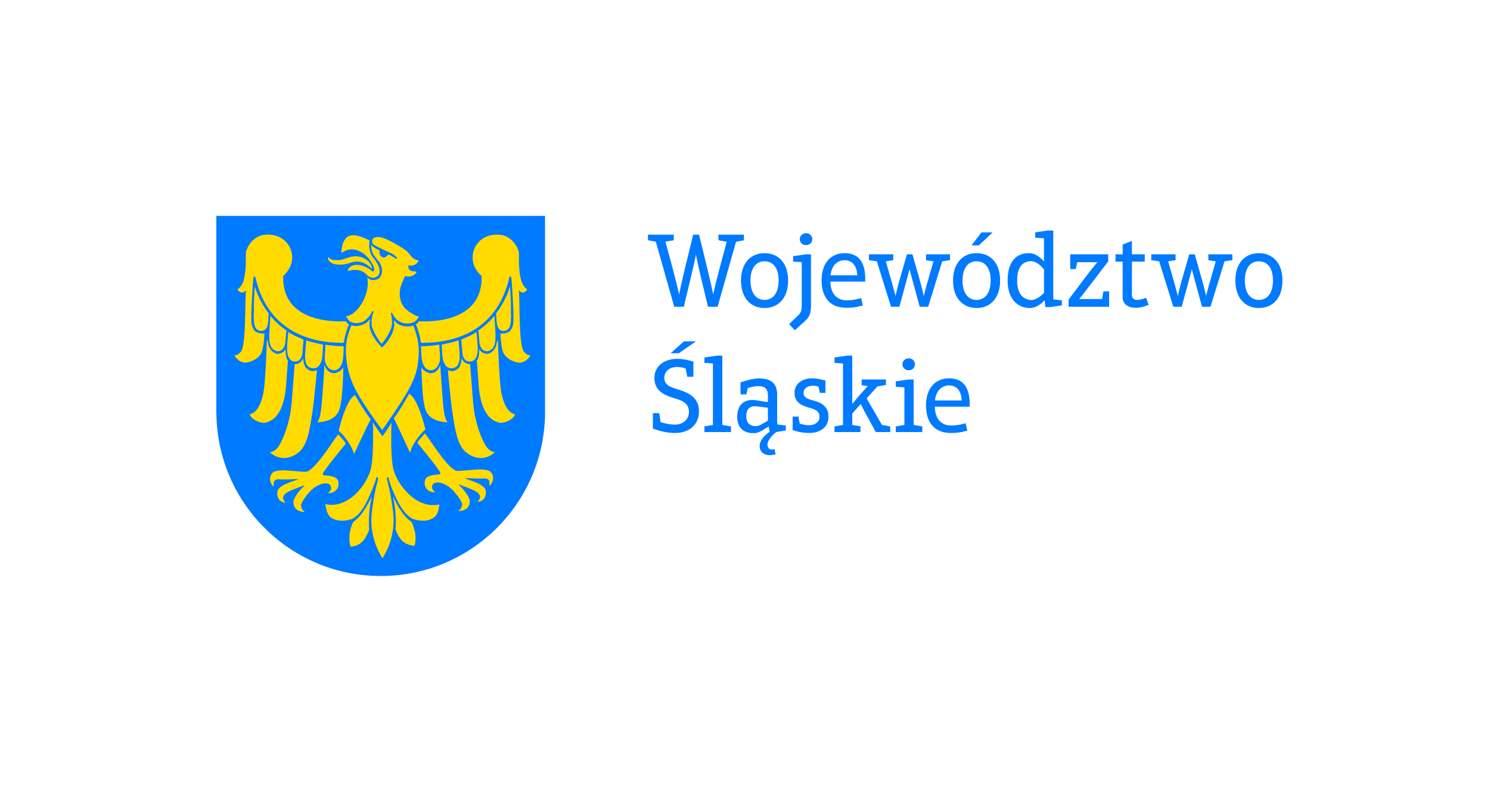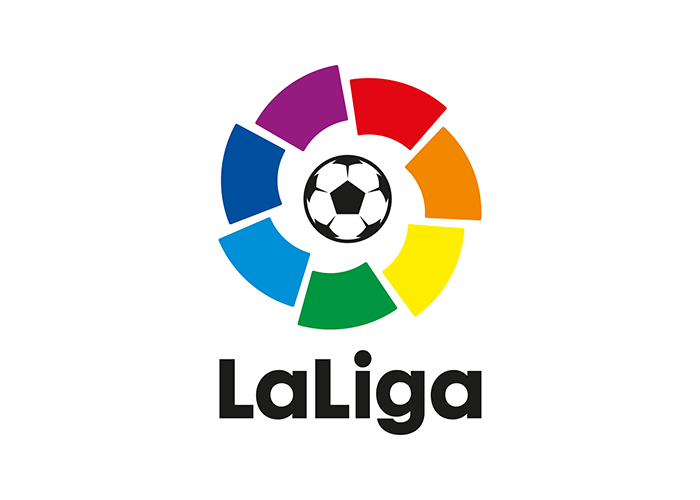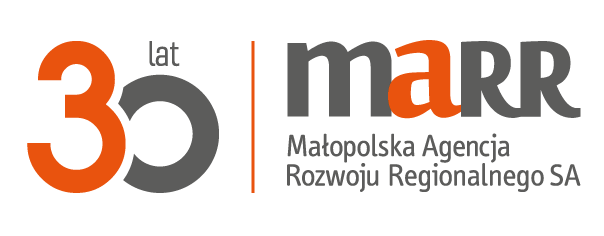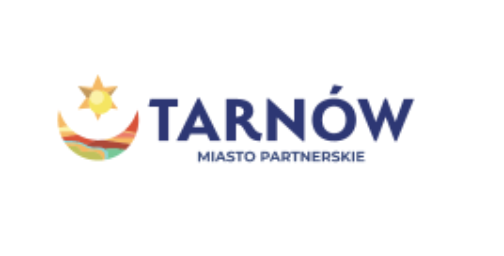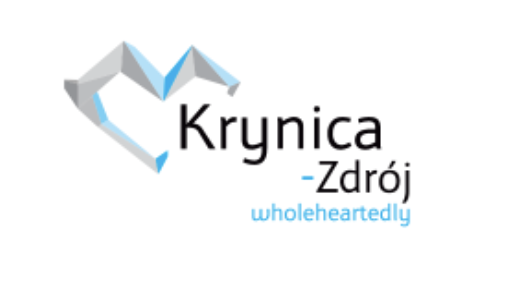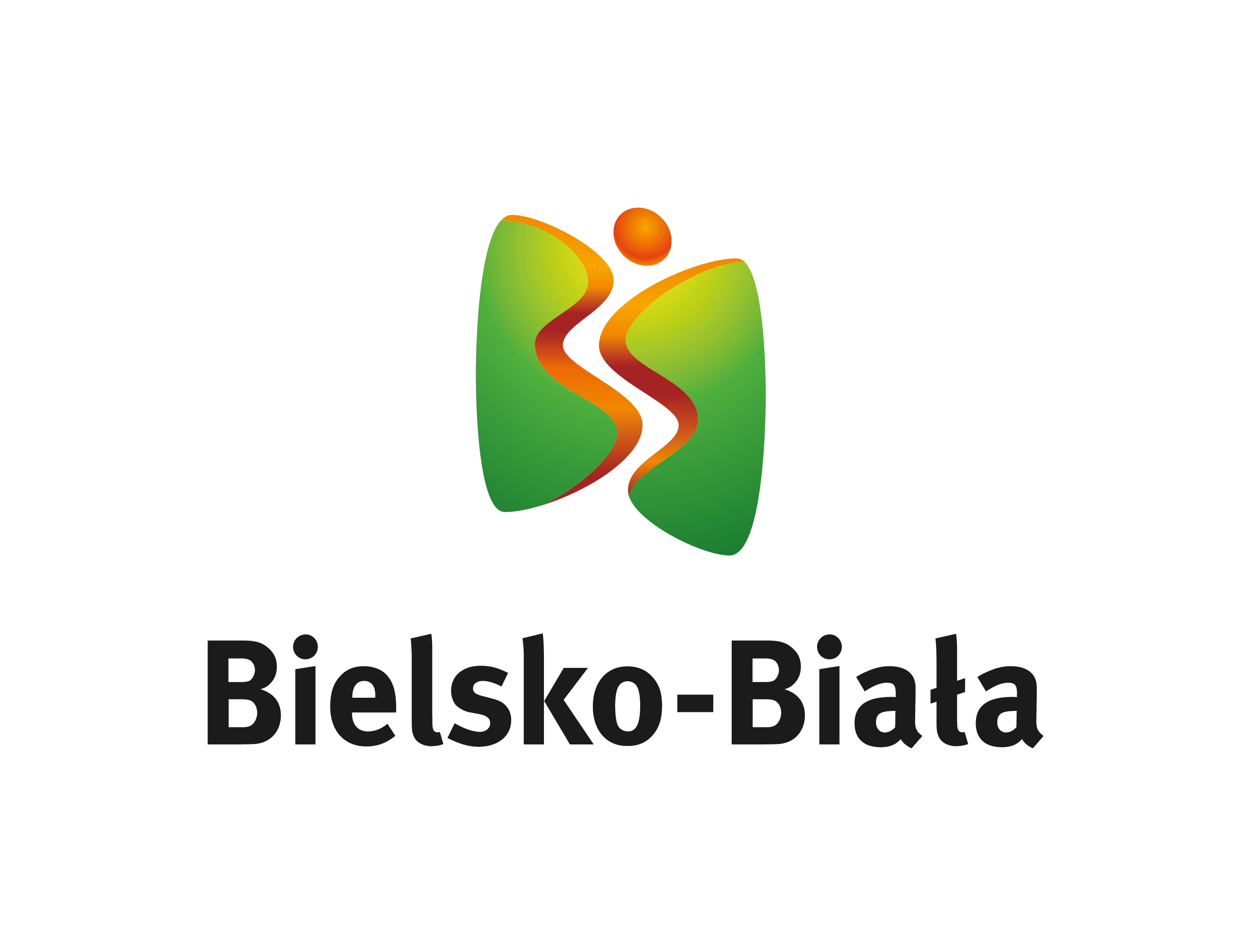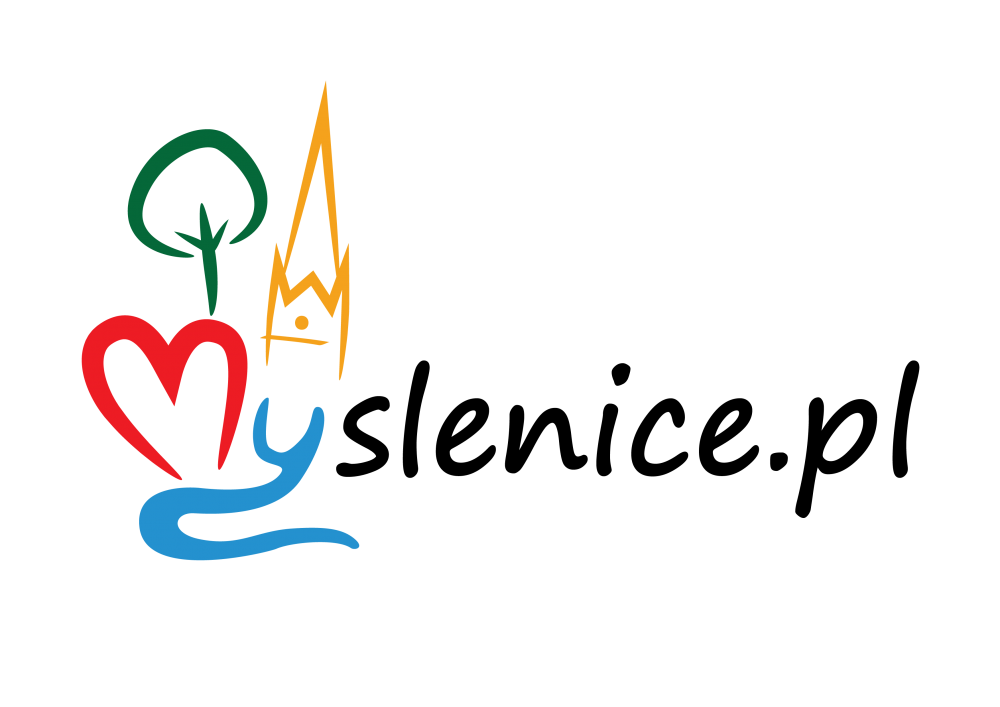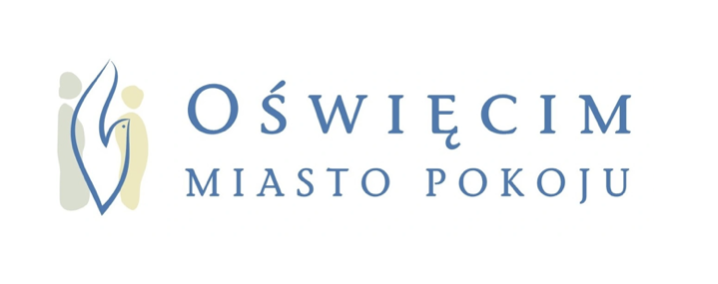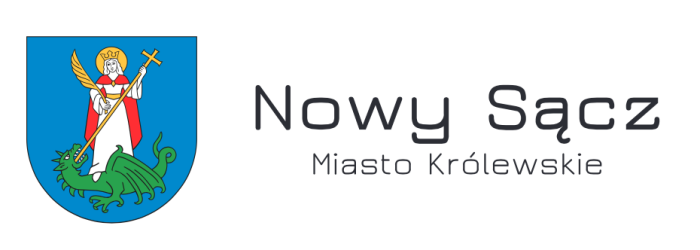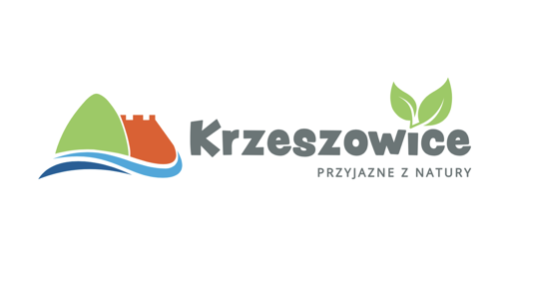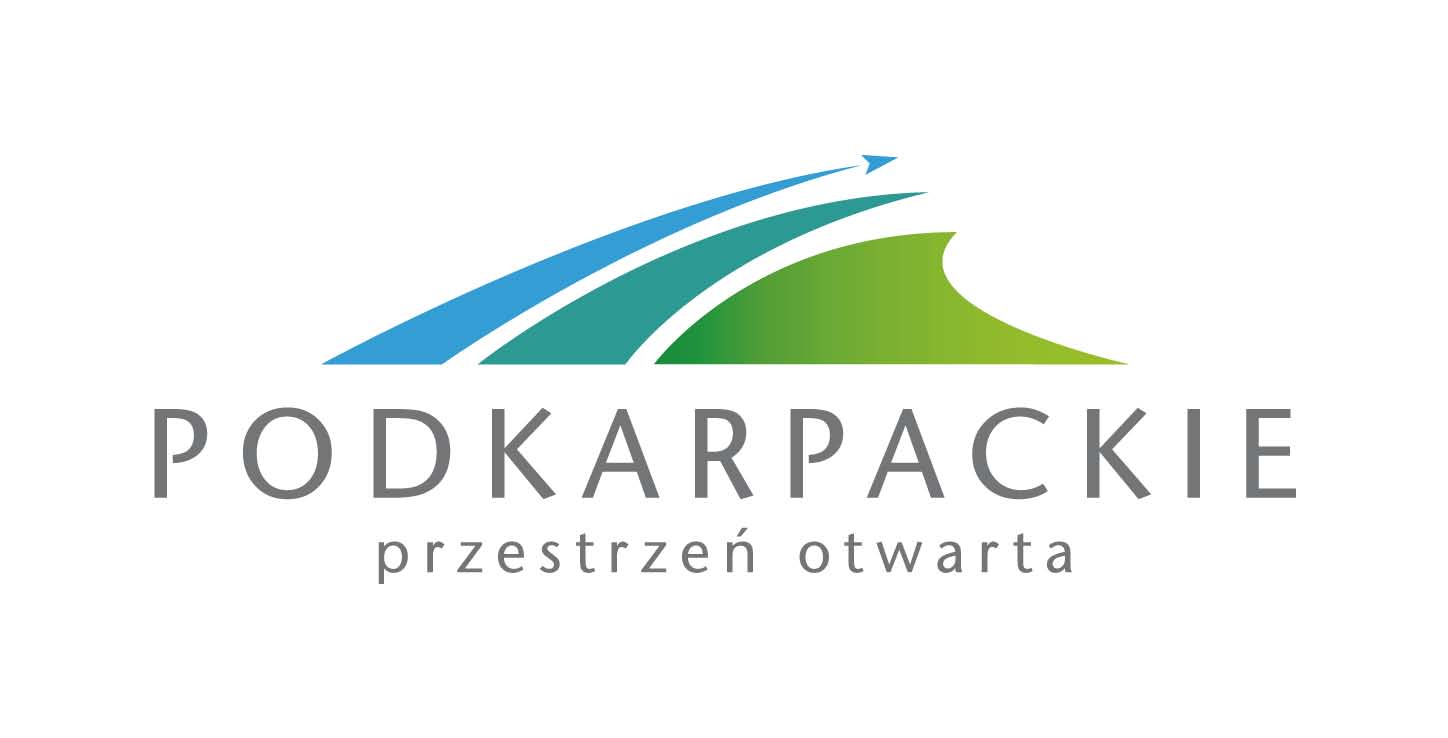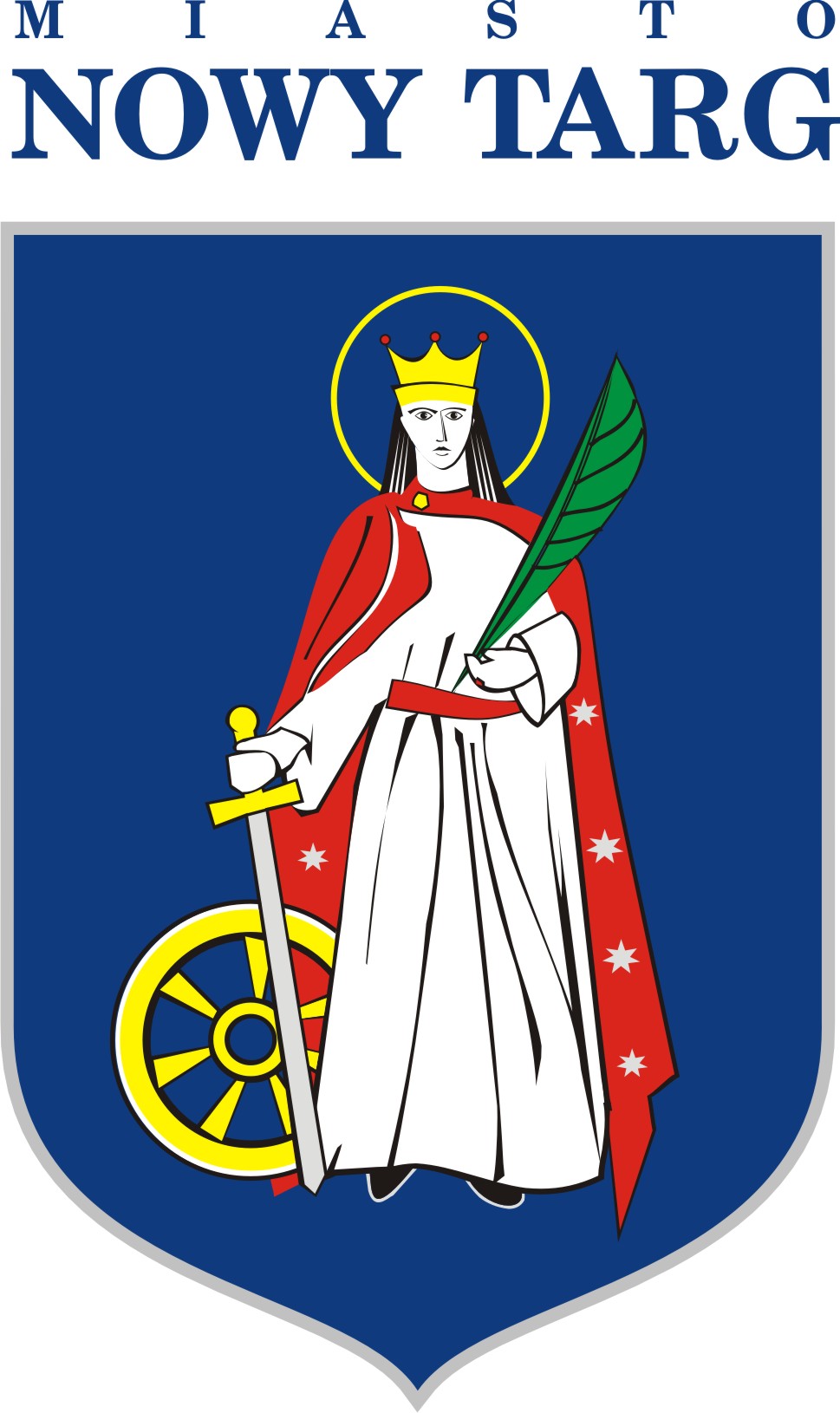Refugee Team at the European Games
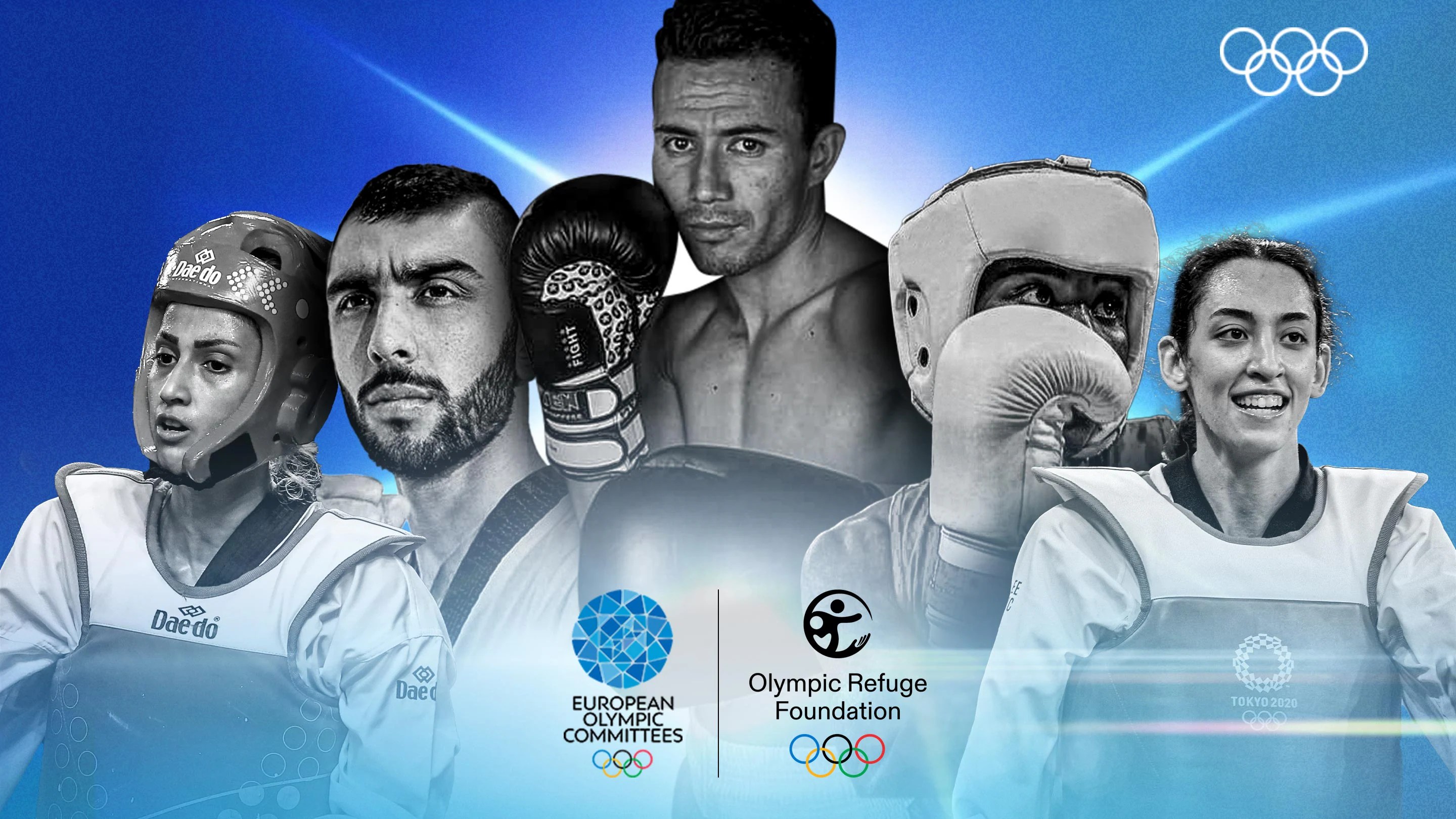
The European Olympic Committees (EOC) Refugee Team will compete at the Kraków-Małopolska 2023 European Games. It will be the first such team to compete at a continental Games.
The International Olympic Committee (IOC) welcomes the announcement that an EOC Refugee Team will compete at the upcoming Kraków-Małopolska 2023 European Games as a result of a joint effort between the EOC and the Olympic Refuge Foundation (ORF).
The team will comprise taekwondo athletes Kasra Mehdipournejad, Kimia Alizadeh Zenoorin and Dina Pouryounes Langeroudi and boxers Cindy Winner Djankeu Ngamba and Farid Walizadeh.
All of the athletes competing as part of the EOC Refugee Team are Refugee Athlete Scholarship-holders on the IOC Refugee Athlete Support programme, and are aiming to be part of the IOC Refugee Olympic Team for Paris 2024. Alizadeh and Pouryounes Langeroudi were part of the IOC Refugee Olympic Team at Tokyo 2020.
The third instalment of the European Games will take place in Kraków and Małopolska from 21 June to 2 July.
The road to Paris 2024
There are currently 56 Refugee Athlete Scholarship-holders hoping to be selected for the IOC Refugee Olympic Team for Paris 2024. They are from 12 countries, live in 20 host countries, and compete in 13 sports.
The Refugee Athlete Scholarships are funded by the IOC through its Olympic Solidarity programme and managed together with the Olympic Refuge Foundation (ORF), providing the athletes with financial support for training and competition in the lead-up to the Olympic Games Paris 2024.
The IOC established the Refugee Athlete Scholarship Programme following the participation of the first-ever IOC Refugee Olympic Team at the Olympic Games Rio 2016. The team was created by the IOC to raise awareness of the global refugee crisis and was announced by IOC President Thomas Bach at the 2015 UN General Assembly. The Rio 2016 team consisted of 10 athletes, who sent a powerful message of hope to the world through their journeys to the Games and their performances in Rio. A further 29 athletes competed in 12 sports for the IOC Refugee Olympic Team at Tokyo 2020.
Supporting displaced elite athletes and young people around the world
Supporting refugees and displaced populations remains a key priority for the IOC, and is part of Recommendation 11 of Olympic Agenda 2020+5. The global refugee crisis continues to be a pressing and urgent issue, with more than 100 million people worldwide currently displaced from their homes. In light of this, the IOC’s mission is more relevant than ever.
The ORF builds on this commitment, functioning in lieu of a traditional National Olympic Committee, managing the Refugee Athlete Scholarship-holders and the IOC Refugee Olympic Team.
In addition to supporting the athletes, the ORF ensures that displaced young people and their host communities can access and thrive through sport 365 days a year. With 13 programmes across 10 countries to date, the ORF uses sport to improve the mental health and well-being of young people and help them find somewhere to belong and be included in their new communities.
Working closely with the UN Refugee Agency, UNHCR, and stakeholders from the Olympic Movement, international organisations, the private sector and non-governmental organisations, its goal is for one million young people affected by displacement to access safe sport by 2024. Its work was recently honoured with the prestigious Princess of Asturias Award for Sports, which acknowledged the opportunities that the ORF and the IOC Refugee Olympic Team provide to young displaced people around the world to access sport and thrive in all aspects of their lives.
